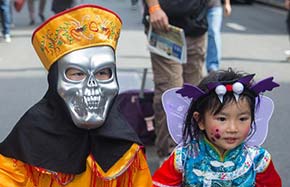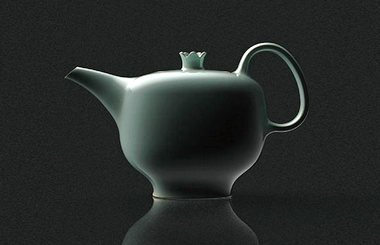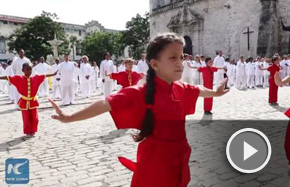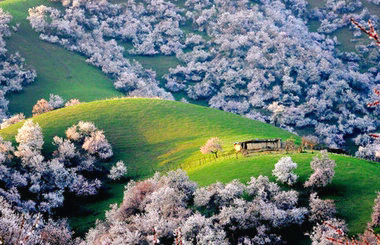Cinematic draw: Pingyao's new film festival
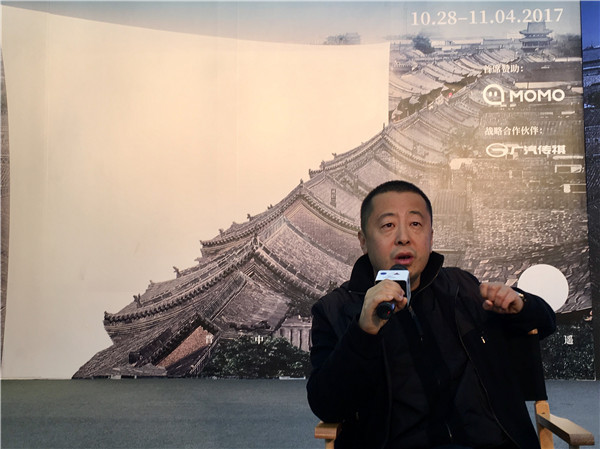 |
|
Jia Zhangke, director. [Photo by Wang Kaihao/China Daily] |
To honor the birth centenary of Jean-Pierre Melville, a founder of the French New Wave movement, the festival will also host a special segment to screen 10 of his films.
Jia explains that Melville's films did well both commercially and in expressing his personal style, and could serve as a useful reference for Chinese filmmakers in today's market.
No awards will be handed out at the festival, which has been planned as an annual event.
"Competition is not a must for a top-tier film festival," Jia explains. "If it's overly emphasized, it can even prove a distraction for filmgoers."
Although he is often labeled as a leader of the Chinese arthouse movement, Jia wants to avoid using the event as a showcase to promote the genre.
"What really matters are the sparks inspired by the communication between different styles of films," he says.
"A professional operation is the foundation," he says. "I can't expect the Pingyao International Film Festival to compete with Cannes, but if we can persevere for five years, I think Pingyao can become the home turf for Chinese cinema."
Before making it as an A-list director, Jia was considered a maverick in Chinese cinema. Preferring to capture the lives of China's underprivileged, Jia was content to set up his camera on the dusty streets of China's small cities and counties. Initially neglected in the domestic market, Jia instead carved out a reputation for himself on the international film circuit.
In 2006, Still Life, a film about the Three Gorges Dam, earned him a Golden Lion from the Venice Film Festival.








